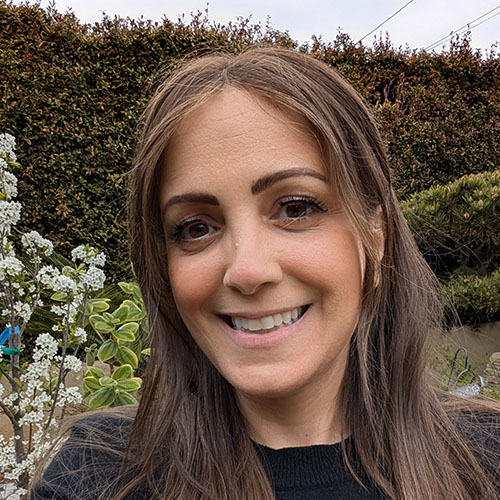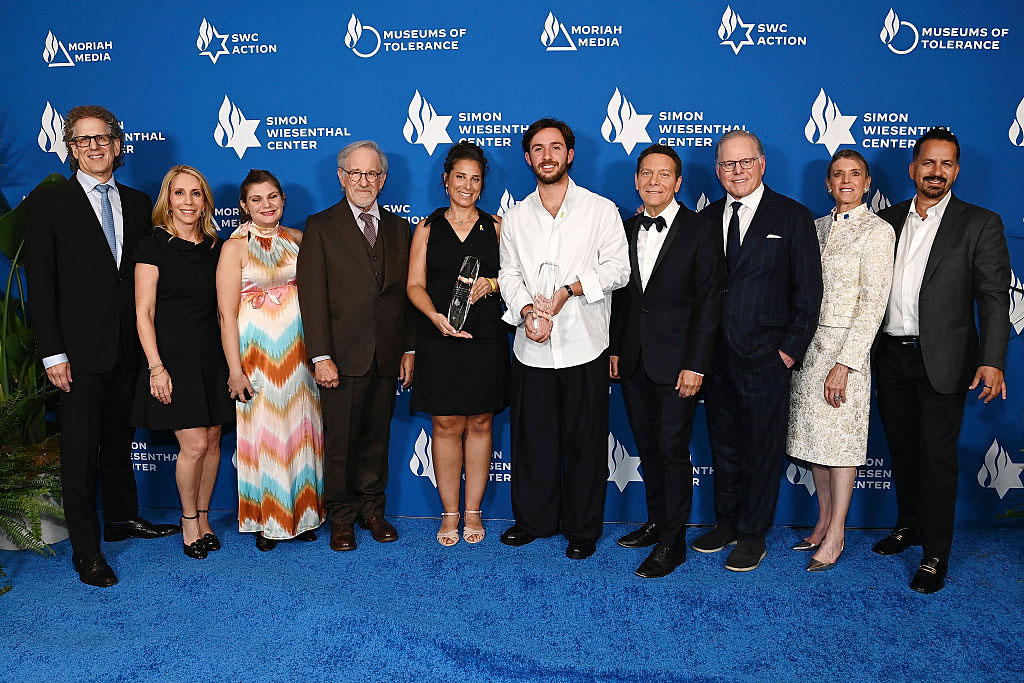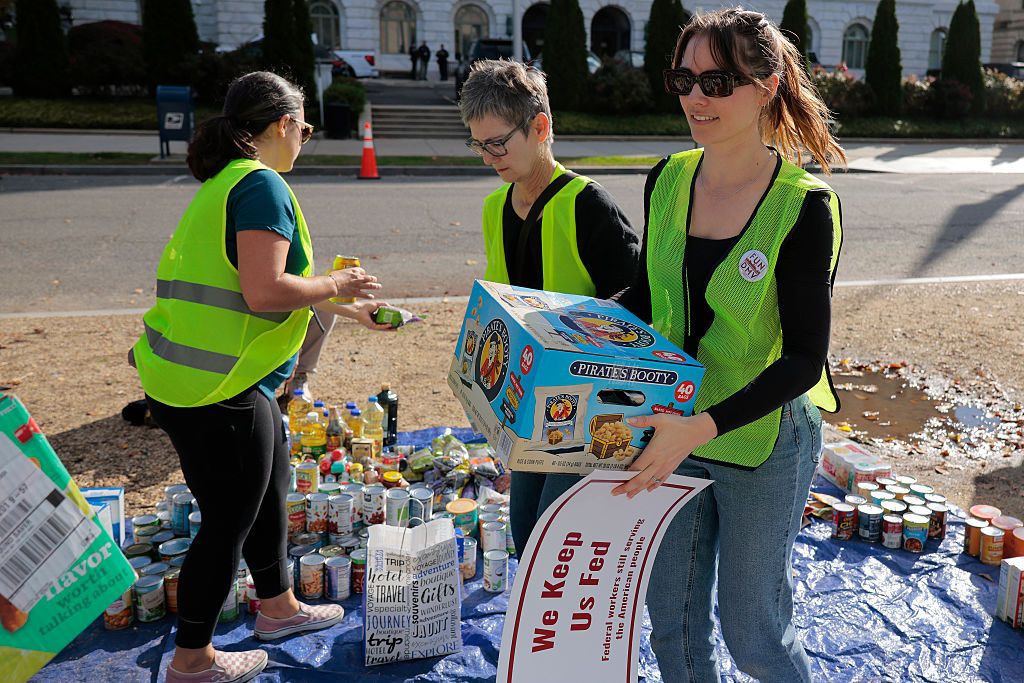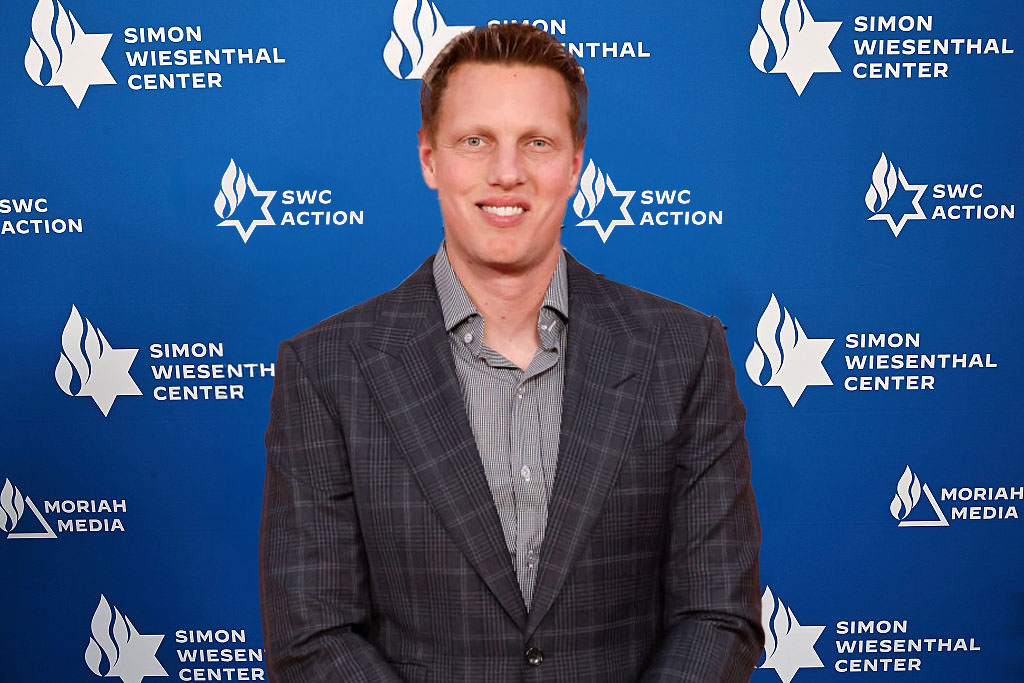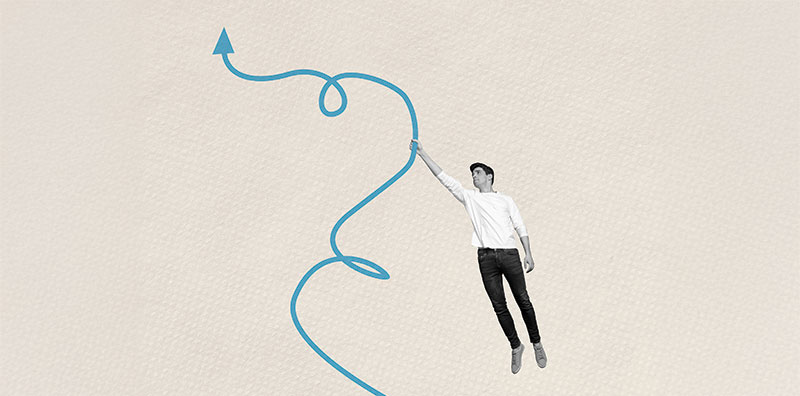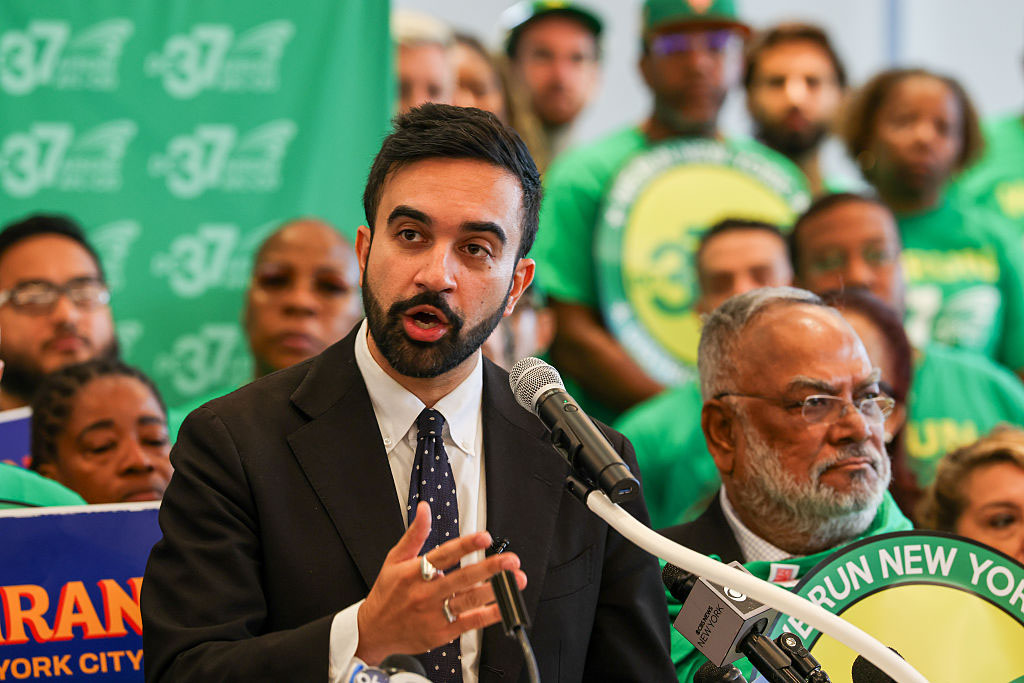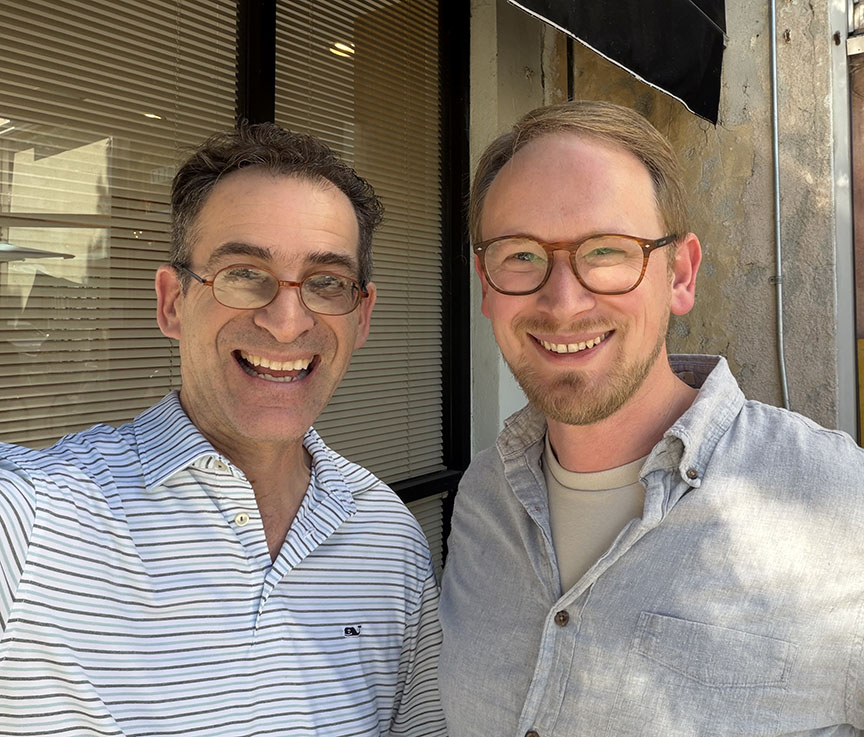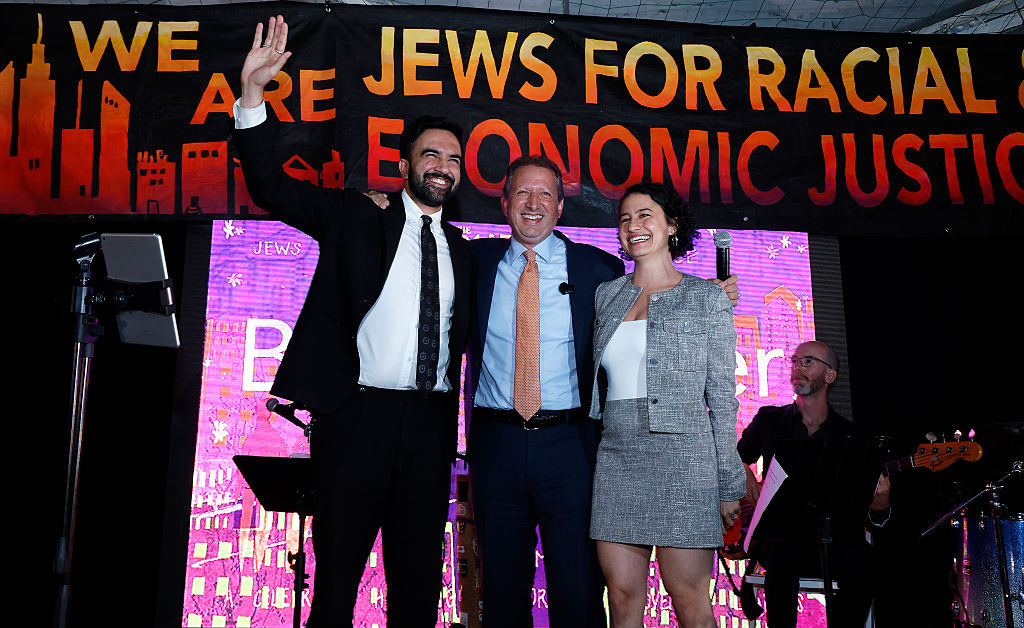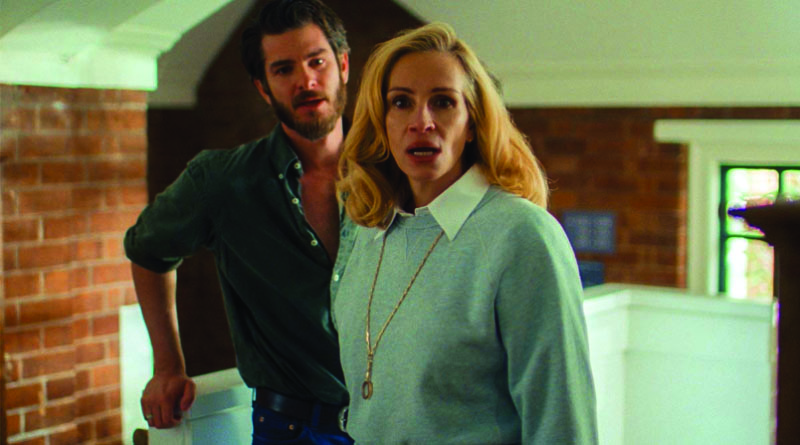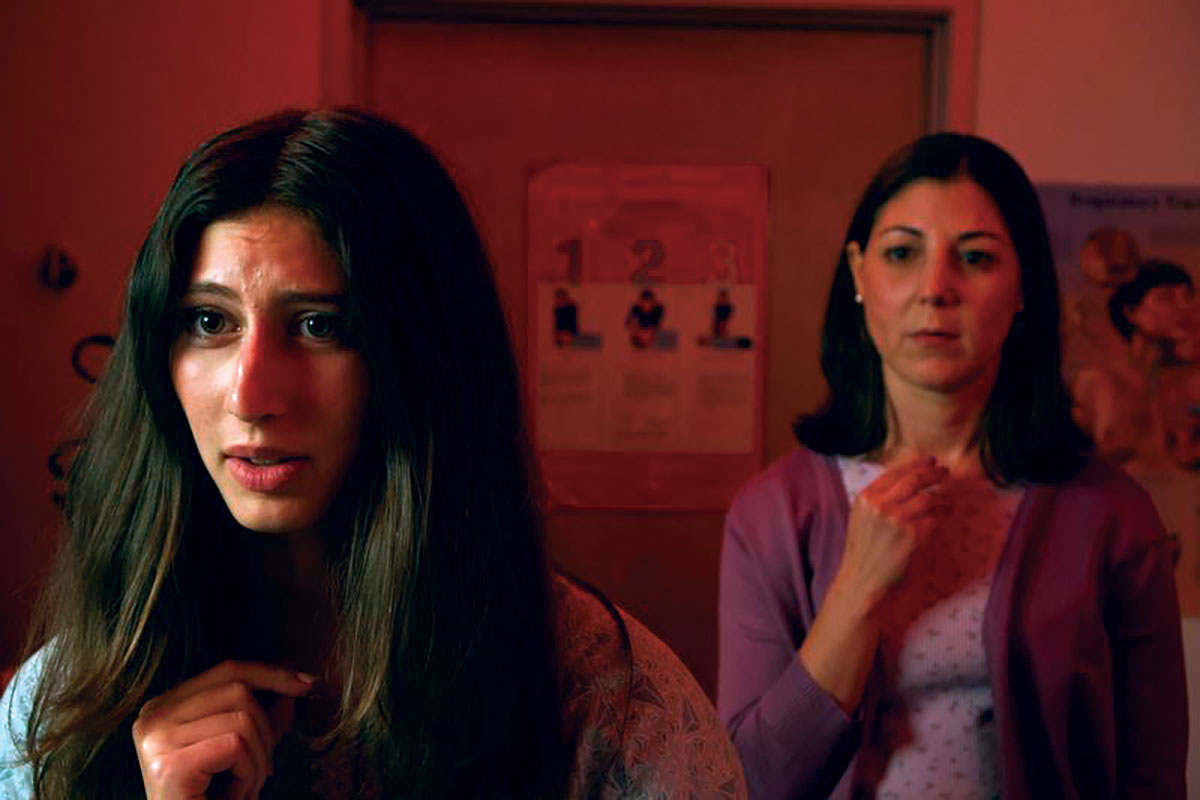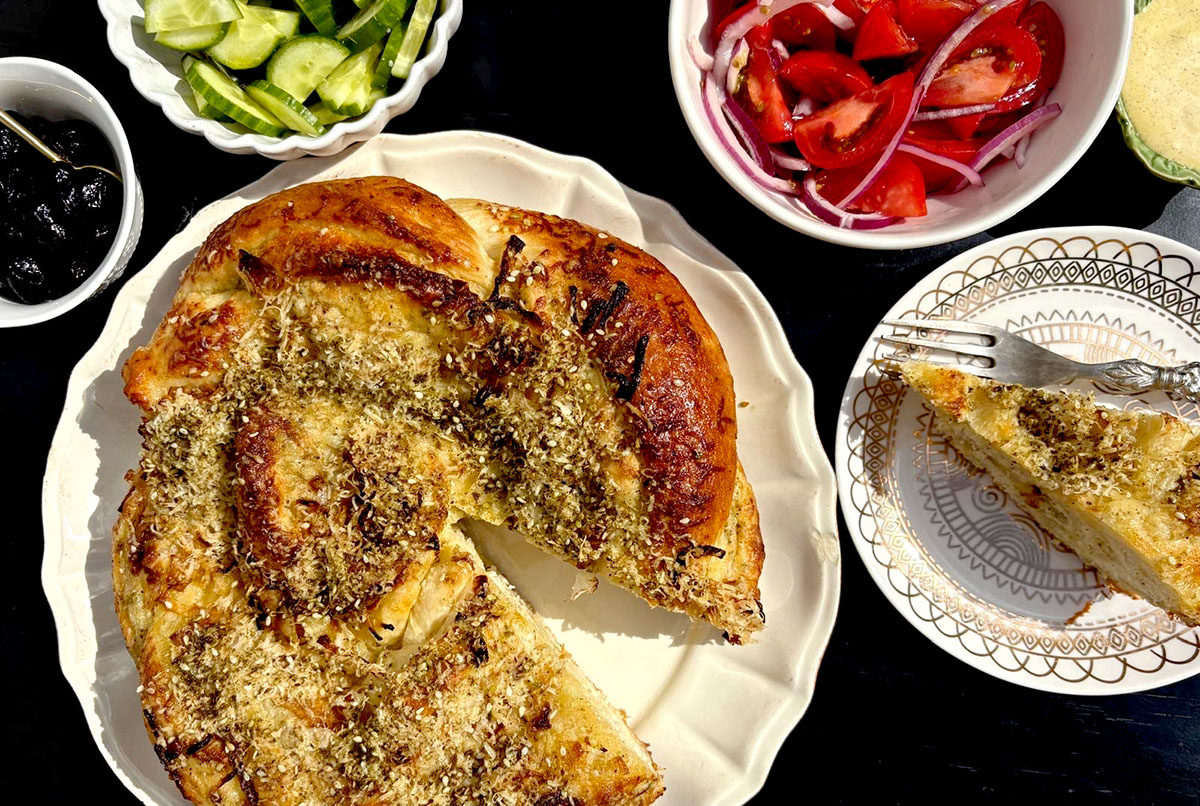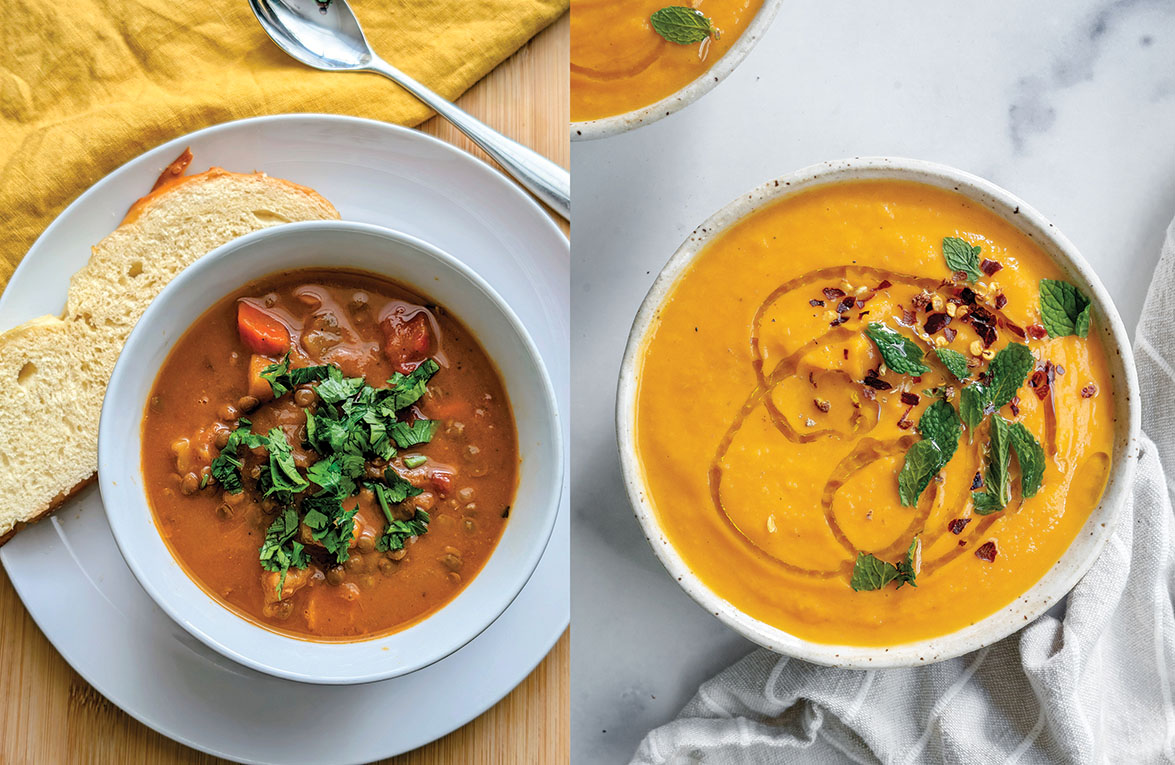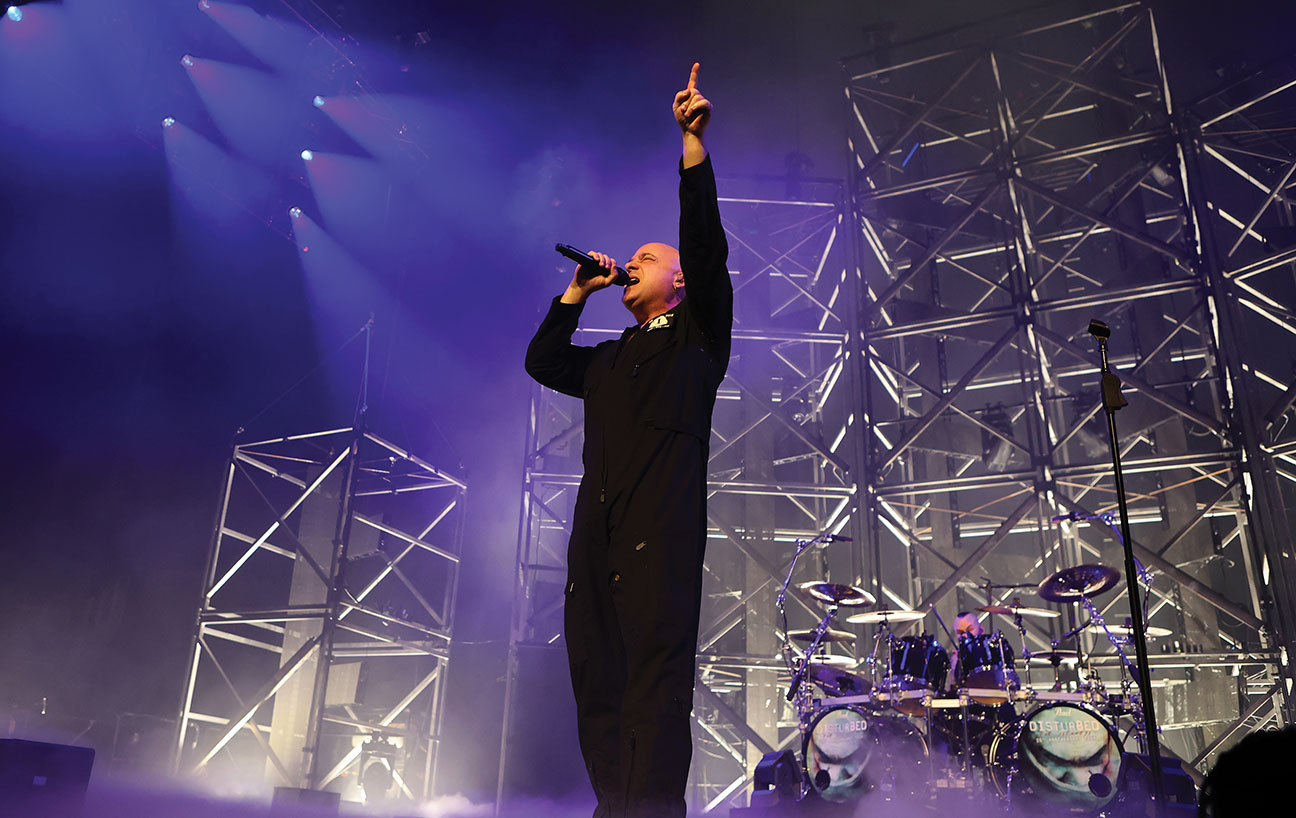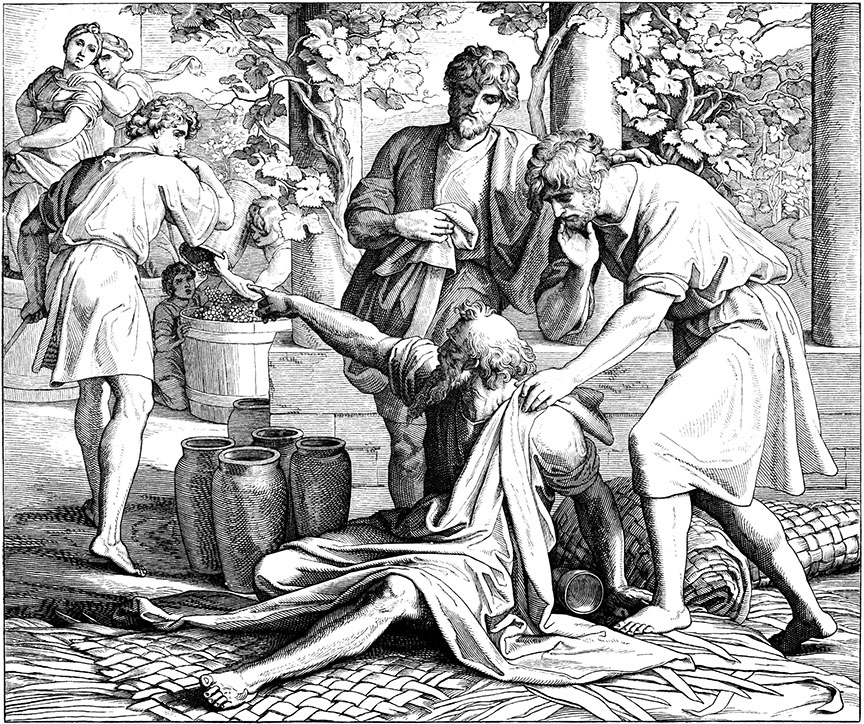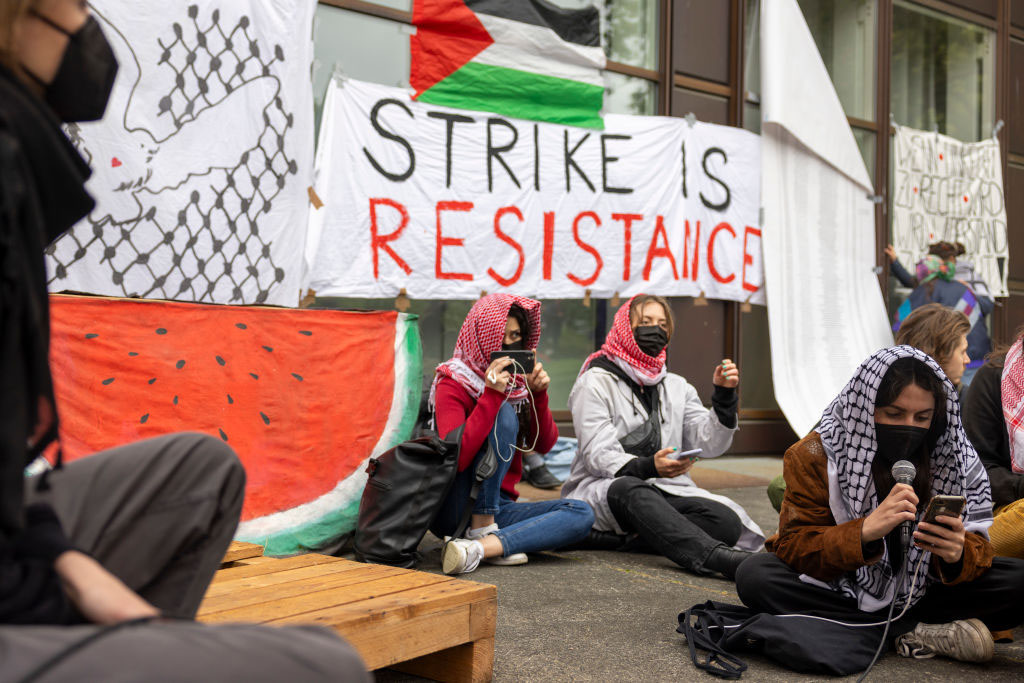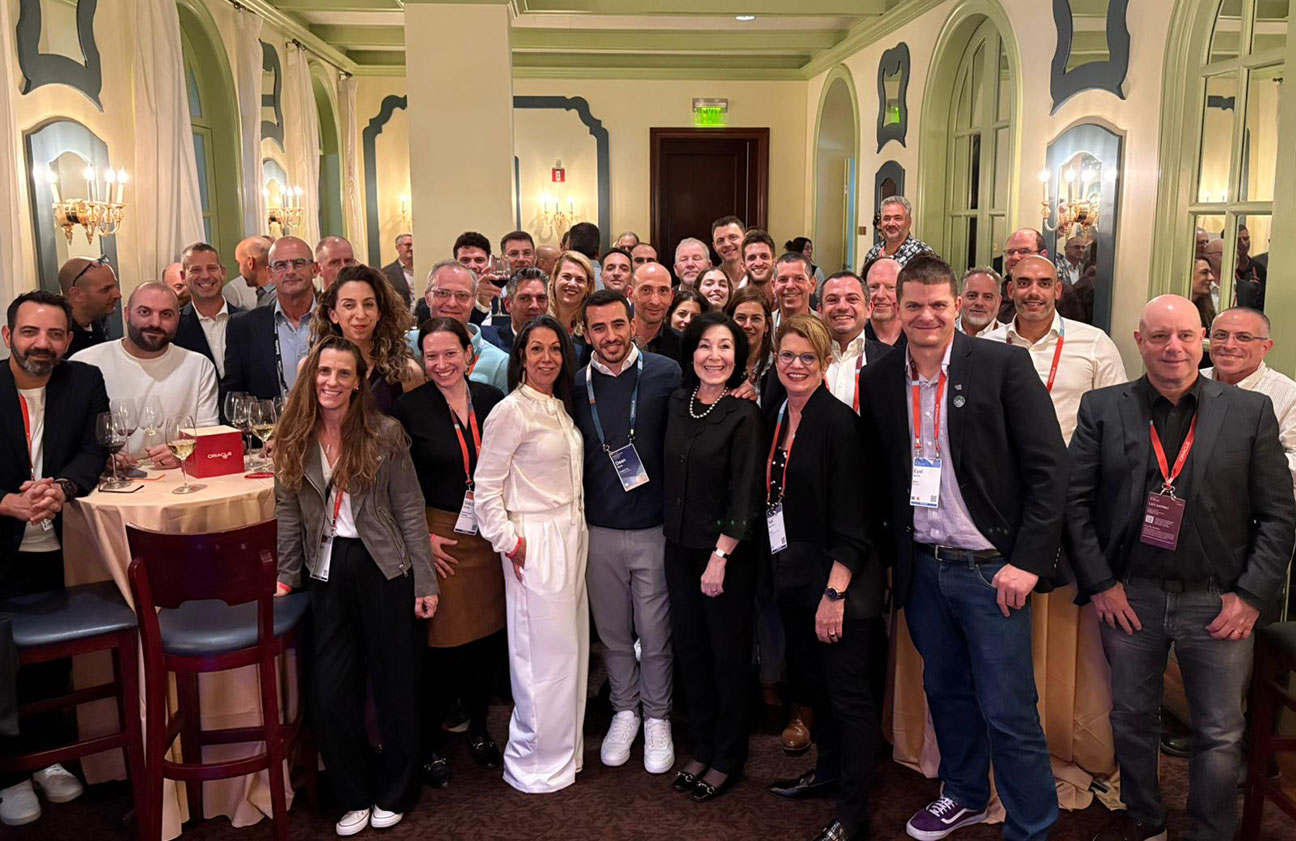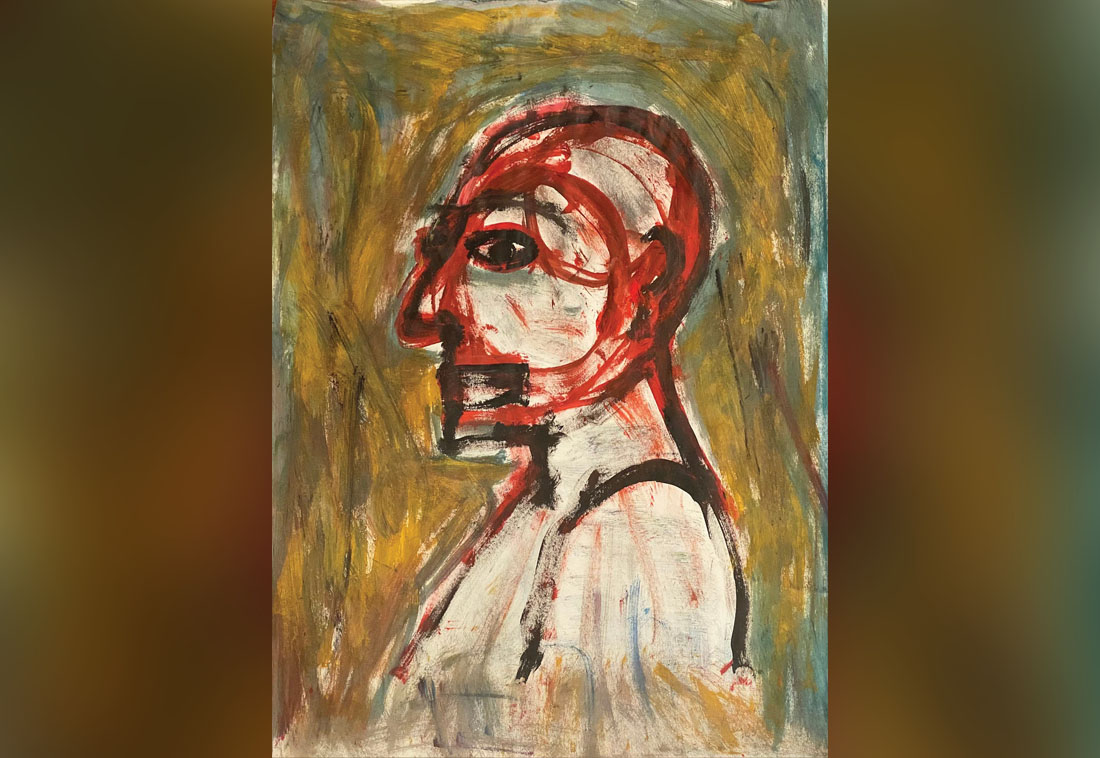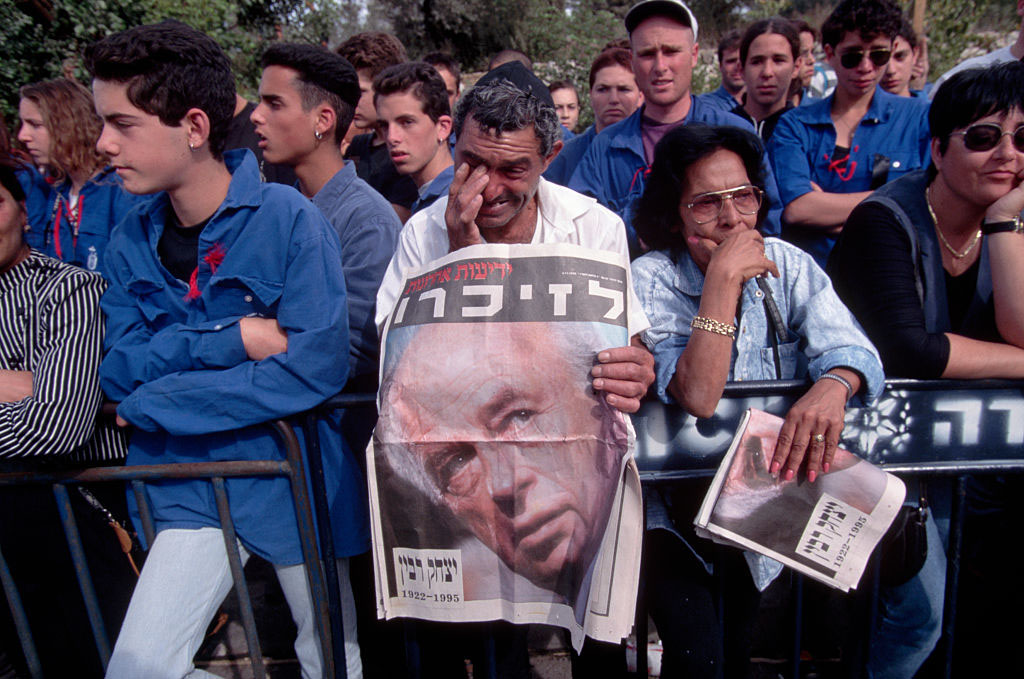
Midrash Tanhuma (Lech Lecha 6:32) states, “Dearer to God than all of the Israelites who stood at Mount Sinai is the convert. Had the Israelites not witnessed the lightning, thunder, and quaking mountain, and had they not heard the sounds of the shofar, they would not have accepted the Torah. But the convert, who did not see or hear any of these things, surrendered to God and accepted the yoke of heaven. Can anyone be dearer to God than such a person?”
After reading Kylie Ora Lobell’s new children’s book, Jewish Just Like You, about a parent’s conversion to Judaism, one has to ask whether any piece of Jewish children’s literature can be dearer than the heartwarming words of a mother who chose to become Jewish.
Lobell, a Los Angeles-based writer and regular contributor to the Journal, told me she had the idea for the book even before she became pregnant with her daughter, Tzofia Chana, who recently turned one.
Through charming rhymes and vibrant illustrations by Barbara Mendes, Jewish Just Like You is told through the voice of a mother who shares her story of conversion in a way that’s simple, yet deeply meaningful: “Mommy was a kid like you, but Mommy was not born a Jew.”
“I’ve read hundreds of different stories to my children, and now, I read them to my grandchildren, and this is the first book I have seen that helps explain the concept of conversion to young children,” said Judy Gruen, author of The Skeptic and the Rabbi: Falling in Love with Faith. “It is a welcome addition to Jewish kiddie lit that embraces the growing diversity within the religious Jewish world.”
One of the most endearing and important traits of Lobell’s book is its positive and inclusive recognition of non-Jewish grandparents, which might resonate with many Jewish converts who want to ensure a deep connection between their parents and their children.
It often was the case that a parent waited until a child was older to share the story of a conversion, but Lobell shows it can be done from the earliest stage in a child’s life. In doing so, she reminds us that storytelling is a powerful tool in creating a new, more welcoming era of Jewish inclusion — one that focuses on reclaiming previously stigmatized issues.
Lobell reminds us that storytelling is a powerful tool in creating a new, more welcoming era of Jewish inclusion.
Lobell, 31, who converted to Judaism in 2015 after five years of study, shared about the journey that led to Jewish Just Like You, which debuted in mid-October and currently is ranked number one for children’s Jewish fiction books on Amazon.
Jewish Journal: When did you first begin thinking of a children’s book about a parent’s conversion?
Kylie Ora Lobell: I was in an arts program at American Jewish University for Jewish artists around Los Angeles. We met in the lovely library there every month. During one session, I was looking around the library at the books and thought, “Why isn’t there a children’s book on conversion?” It was my lightbulb moment. I looked it up and it didn’t exist. I knew I had to be the one to write it. I’ve been writing about my conversion ever since I started the process.
JJ: What inspired you to write Jewish Just Like You?
KL: I started the book in 2018, before I became pregnant with our first child. I didn’t know I was going to get pregnant soon, and I certainly didn’t know I was going to have a girl — we found out when I gave birth. So I wrote it with the Ruach HaKodesh (the spirit of a holy God) that I’d get pregnant and have a girl.
And the book didn’t exist. Children of converts may be very confused when they go to their non-Jewish side of the family’s house and everyone is eating non-kosher and celebrating Christmas. How do you explain that? I wanted my future children to know that both the non-Jewish and Jewish family members have their own unique traditions, and no matter what, everybody loves them just the same. My husband, Daniel, and I consider ourselves Orthodox Jews. We’re already a minority of a minority and since I’m a convert, a triple minority. I wanted our future children to understand where they came from and how sincere my conversion was.
JJ: Yours is the first book of its kind for the children of converts. Why is such a book necessary?
KL: It can be confusing to be the child of a convert. There might also be a stigma attached to it. I wanted our future children to know that they, and their mommy, were just as Jewish as people who were born Jewish. That’s what the Torah teaches us. They should never forget it.
JJ: Can you share more about how the book came together?
KL: Barbara Mendes is my favorite artist. My husband and I met her a few years ago after passing her beautiful studio on Robertson Boulevard. I knew I wanted her to illustrate it, and she did a beautiful job. I wrote the book and then got help from our friend Zach Sherwin, an incredible rapper and comedian who wrote “JAP Battle” from “Crazy Ex-Girlfriend,” which is one of the best Jewish songs of all time. He helped me perfect my rhymes. Then, my sister-in-law, Jordana Lobell, who does ketubah art, beautifully illustrated my borders, and I hired Rae Shagalov, a Jewish coloring book artist in the La Brea neighborhood, to help me lay it out. I self-published on Amazon two years after starting it. It takes a long time, but it’s well worth it.
JJ: What made you decide to self-publish?
KL: I shopped it around to every Jewish publisher, and only one wanted to take it on. But they wanted to change a lot about it. This was my vision and I wasn’t having it. I mistakenly thought self-publishing was not a good idea because it’s looked down upon. Then I met so many self-published authors and they told me it’s a better option because it’s cheaper and you make a lot more money per book. I was so disappointed by the publishers rejecting me and it held me up for several months. But then I thought, who cares? In today’s day and age, you don’t need to please the gatekeepers anymore. The gate is wide open for everyone. And I encourage everyone who has a creative idea to take advantage of it.
JJ: How does it feel to read the book to your daughter?
KL: Whenever I read to my daughter, she usually tries to eat the book. She loves the colorful illustrations. I look forward to reading it to her and explaining my background when she can understand it. I hope she finds the book tasty too, though.
JJ: Who is the intended audience for this book?
KL: All Jewish kids. But adults too! Who doesn’t know a convert? And if they do, do they really know what it’s like to be one? It could really help people understand converts much better. Everyone will love the cool rhymes, the heartwarming story, and the beautiful illustrations.
JJ: How would you suggest that mothers who were born Jewish read the book to their children?
KL: As I said, everyone knows a convert. And if you think you don’t, you still do. Or someone in their family converted. It can be a touchy subject, so sometimes people don’t want to bring it up. This is a way of showing all Jewish people that people who convert are very sincere and it’s as if they were born Jews in the first place. It can teach everyone to be more respectful toward us and include us in their communities.
JJ: Any future children’s books in the works, including one for a father who’s converted?
KL: This is intended to be for the children of converts first and foremost, whether it’s the mother or father. The wheels are still turning for more ideas. But perhaps I’ll write some on Sukkot and Shavuot, two of my favorite Jewish holidays! Pesach is the absolute best, but that market is saturated I’m sure.
JJ: Have any publishers or organizations, including PJ Library, approached you about the book?
KL: No. They all rejected me. I hope they come around.
Tabby Refael is a Los Angeles-based writer, speaker and activist.

